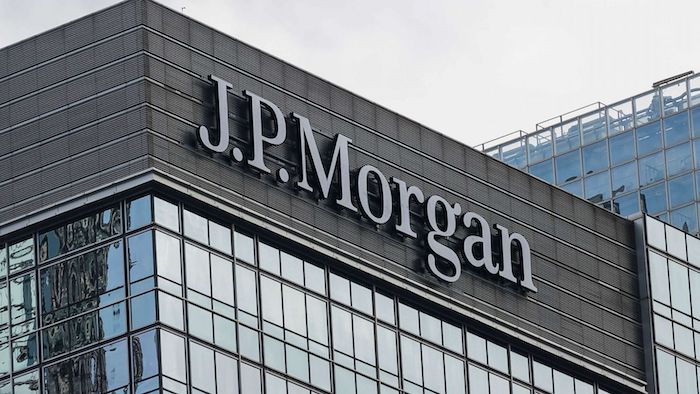A $1.7 billion lawsuit filed by Nigeria against JP Morgan Chase Bank over the transfer of Malabu oil deal proceeds was dismissed on Tuesday.
Tuesday, Judge Sara Cockerill ruled in favor of the Nigerian government’s claim that it had been cheated.
Nigeria is suing the bank for more than $1.7 billion for its role in the deal that has sparked international outrage. For its part, Nigeria claims that JP Morgan was negligent in transferring funds from oil giants Shell and Eni to an escrow account managed by Dan Etete, the former Nigerian oil minister.
Roger Masefield, a Nigerian lawyer, argued earlier this year that the nation’s case rested on proving that fraud occurred and that JP Morgan was aware of the risk of fraud.
In court, a lawyer said, “The evidence of fraud is nothing short of overwhelming.”
For as long as it had reasonable grounds to believe its customer was being defrauded, the bank was entitled to withhold payment under its Quincecare duty.”
According to Quincecare, the bank is prohibited from disbursing funds if it has reason to believe that doing so will expose the bank’s client to fraud.
Judge Cockerill stated on Tuesday that the bank was “on notice of a risk” of fraud by the time of the 2013 payments.
According to the judge’s ruling, “there was a risk—but it was, on the evidence, no more than an opportunity that was built on a thin foundation.”
Shell and Italy’s Eni paid the Nigerian government of then-president Goodluck Jonathan $1.3 billion in 2011 for an oil block, according to the OPL agreement. Malabu Oil & Gas, owned by former oil minister Dan Etete, received $875 million of that total.
When he was Nigeria’s oil minister, Mr. Etete granted Malabu exclusive rights to the block in 1998.
By April 2011, just a few weeks after the deal was signed, half of Malabu’s money had already been paid out in bribes to Nigerian government officials and Western oil executives.
Additionally, the deal has given rise to more legal action including attempts to recoup assets by Nigeria’s newly elected presidential regime. Companies and executives who all denied any wrongdoing were cleared of bribery by a panel of judges in Milan in March. Prosecutors, on the other hand, have appealed the decision.
Classified documents obtained by this newspaper show how Britain’s financial crime agency allowed JP Morgan to pay Mr Etete, a former Nigerian oil minister widely known as a convicted money launderer, $875 million in suspicious funds.
The SARs, which are rarely seen, were filed by the bank’s London branch in response to the Nigerian government’s demand for large payments to Mr. Etete, which the bank was concerned about.
